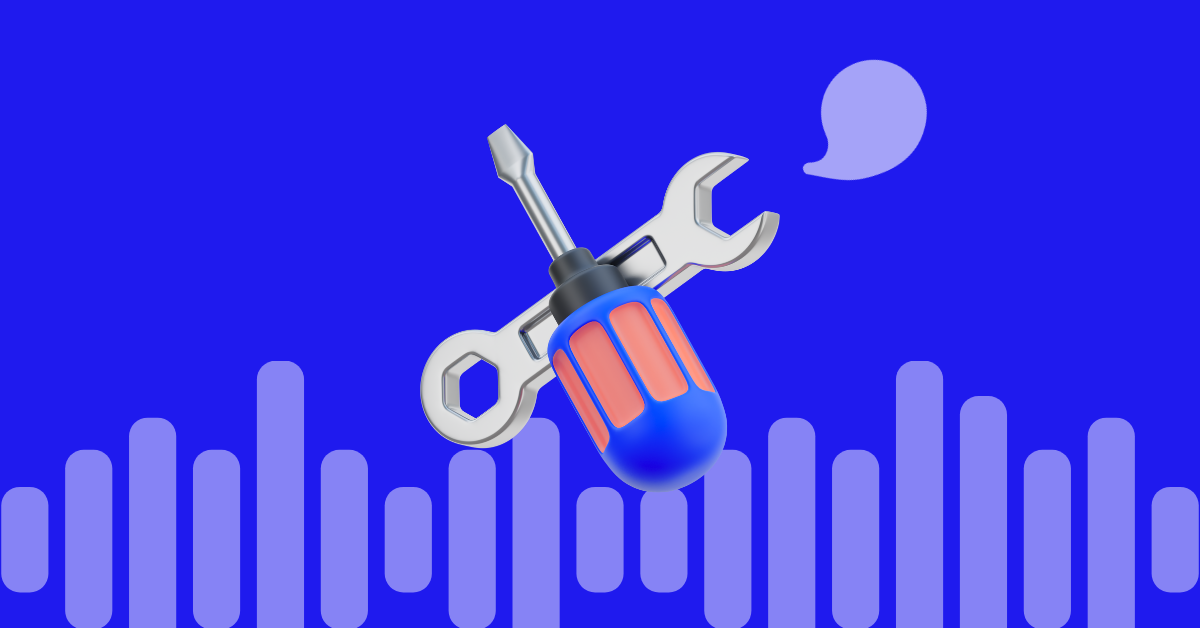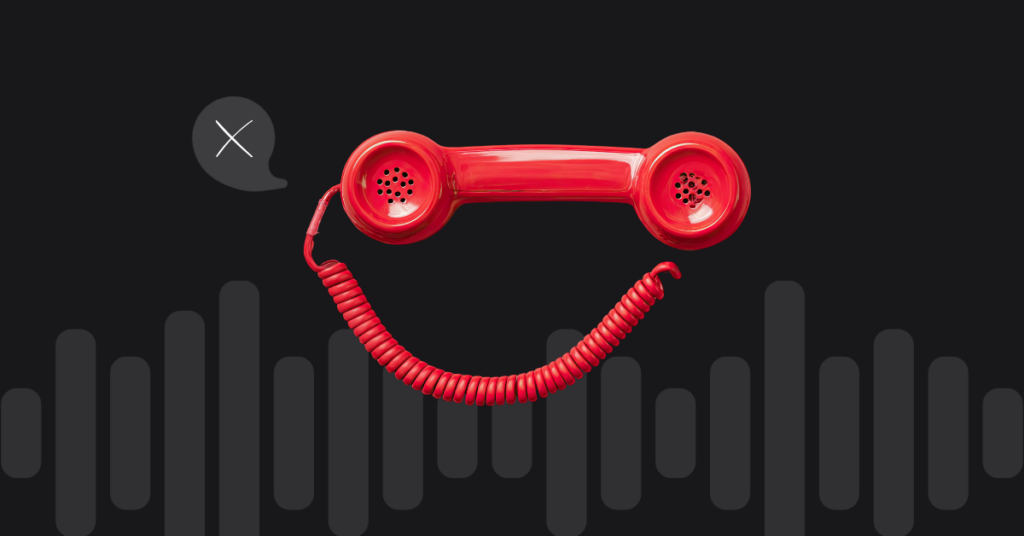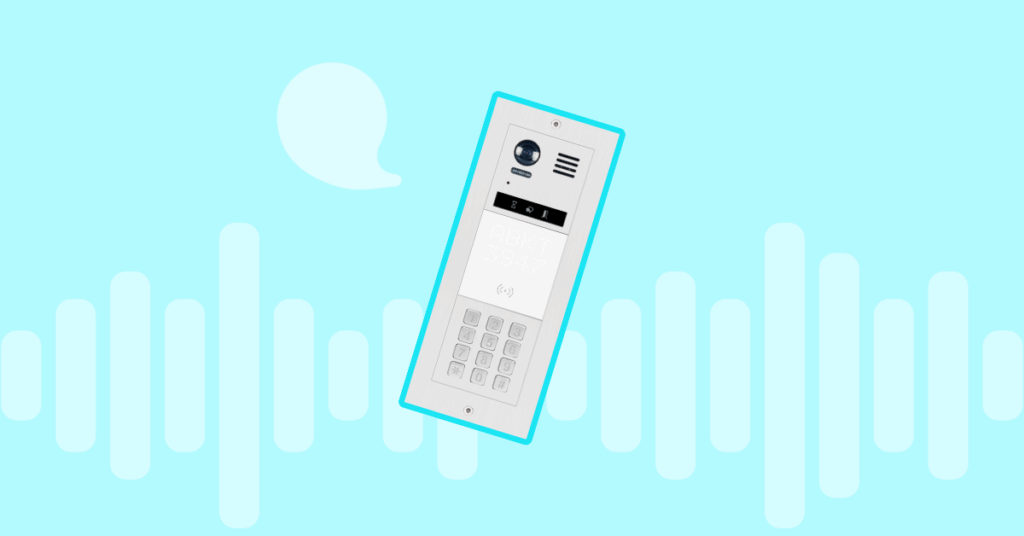
Table of contents
Concepts of disaster recovery, crisis management, and business continuity are not new to enterprises. Most businesses already have systems to protect their people – evacuation routes, fire exits, and the like. Regulations for workplace safety and employee health have been around for quite some time.
Of late, disaster recovery and business continuity have become hot topics. But much of the emphasis is on protecting data and the systems surrounding it. What do you do if your Internet connection goes down? How do you respond if hackers break into your system? As a business, you make sure your people and data are protected. What about the phones?
The Need for Disaster Recovery of Phone Systems
It’s not hard to understand why businesses forget about voice when it comes to disaster recovery. Traditionally, the phone company was in charge of your phones. As long as the lines were functioning, you had service. Once the lines go down, you’re left with nothing. The most you could do was request a forward to an external number. You couldn’t pick up your phone and take it with you.
But your phones are a vital part of any disaster recovery plans. Think about it. Even the simplest emergency response plan requires communication. Whether you have to contact emergency services, the nearest law enforcement authority or the employees within your office, you need the phones. You need the phones to respond when disaster strikes and you need to be prepared if something happens to your phone system itself. Natural or man-made disasters can easily bring down your phone systems, even if they were not the primary target.
Backup Plans for VoIP
If you already have hosted VoIP services, you don’t have to worry too much about disaster recovery. After all, none of the equipment is at your office. Your provider delivers phone services to the cloud. If something should happen to your office, you can relocate your employees or send them home. They can continue working from anywhere!
If you have your own SIP installation, then you need to create disaster recovery plans. The backup option could be a mirrored PBX system in the cloud or a hybrid deployment. The bottom line is that you need another option if disaster strikes your office.
Backup for Internet Connectivity
VoIP phones require the Internet to work. That means any DR plan should account for the loss of Internet. Do you have a second line to switch over if the primary one fails? What happens if your ISP goes down? Some organizations prefer to have a second line from a different ISP for this exact scenario. You should be able to continue working even if the Internet goes down for an extended period of time.
VoIP Monitoring Systems
One of the crucial elements of disaster recovery is notification. How do you know when to kick your backup plans into action? VoIP monitoring systems can help with that. There are several monitoring tools available for on-premise SIP deployments. If you purchase cloud services from an external vendor, ask them if they have such tools for your use. Even a few minutes of downtime can be costly if you do a lot of business over the phone. Being proactive will only help you recover faster.
Automatic Failover
Reputed VoIP service providers will offer automatic failover protection. That means if calls cannot be completed for any reason, the system will roll over to an alternate solution. If you don’t use hosted services, you might need to create your own failsafe systems.
Do you automatically forward calls to your employees’ mobile devices? Not everyone likes to get business calls on their personal phones. Will you allow your staff to use their personal VoIP services instead? If yes, you will have to reimburse them for business calls. You may have to create DR plans in conjunction with other policies such as BYOD, corporate expense reimbursement, storm evacuation etc.
What DR Plans Does Your Provider Have?
Just because you use cloud VoIP services doesn’t mean you’re off the hook when it comes to disaster recovery planning. You should talk to your vendor and see what plans they have to recover from a disaster. After all, you’re depending on their ability to provide phone services to get you through a crisis. Suppose your vendor has 4 data centers. Are they all in the same location or state? Some disasters can strike a large area, so this might actually be a risk.
What happens if one of the data centers loses power? Are calls automatically routed to the others? How quickly can they notify you when something goes wrong? You need the answers to all these questions before a crisis happens. Not all vendors know how to manage disaster recovery. Make sure your provider is prepared as well as you are!
Read this post in: Español
More from the blog
Want to improve your business communication?
Unlock enterprise-class call center power at affordable prices – no hardware, no delays, no surprises!






